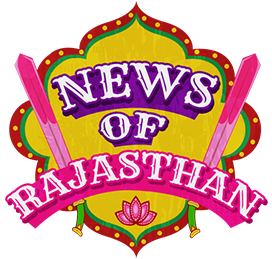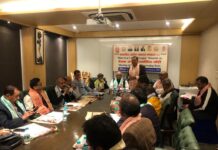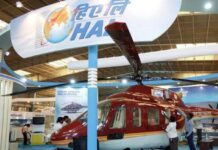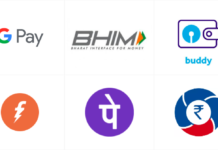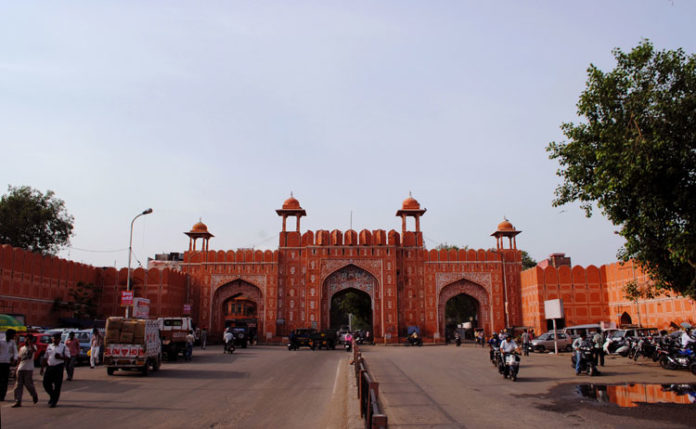
Water crisis is a persistent problem in the walled city, where the houses are built on old architectural patterns and lack provisions to store clean drinking water for domestic use. Last to last year, the walled city residents experienced acute water shortage when the JMC (Jaipur Municipal Coroporation) had cut water supply to the city while linking the old water treatment plant with the newly constructed one in Surajpura. Considering this issue, the government is braced up to supply water 24×7 to 650 acre area in the walled city, under the smart city project.
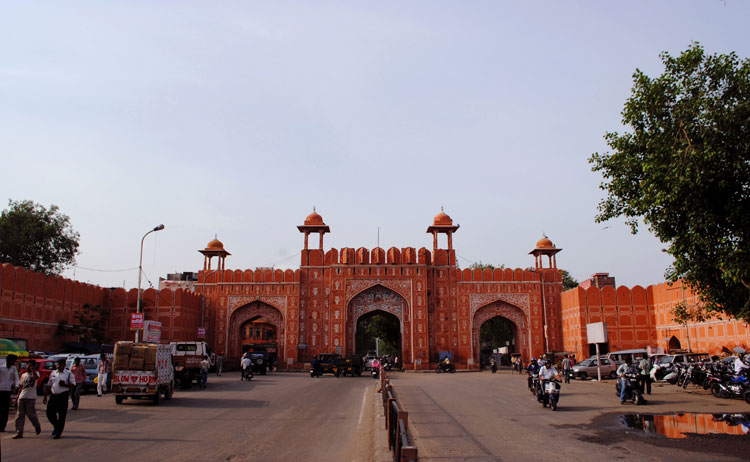
Since last few years, the residents of the city had to order tankers that cost them around Rs 300-500/200 litres. The authorities didn’t have any alternative, other than terminating water supply for cleaning. Therefore, Rajasthan government has proposed a 52-crore project under Jaipur Smart Mission. The project will be launched in earmarked areas that experience water crisis in and around the walled city. The task will be undertaken by Jaipur smart mission limited, in collaboration with PHED (Public Health and Engineering Department).
What is the Walled City Water Project All About?
Under the Jaipur smart city mission project the PHED will lay down new metal pipelines and set up quality monitoring systems in 56 locations across Jaipur. The authorities will buy 40-km-long high-grade metal pipelines that are immune to daily wear and tear. The deadline for this project is June 2017, as informed by the JSML officials, who’ve ensured the media that anti-social animals won’t be able to puncture new lines.
These pipelines will run across the walled city, between Jorawa Singh Gate and Albert Hall. The residents of Chaura Rasta, Ajmeri Gate, Gangauri Bazaar, Tripoliya Gate, Talkatora, Kishanpole Bazaar, Kanwar Nagar, Hawa Mahal and Johari Bazaar. All these areas have been identified for retrofitting. Other than the water supply, the walled city will be developed with modern infrastructure.
Though the JSML has already prepared the blueprint of 24×7 water supply, they’ve postponed the installation of water meters to a later date because the cost of one meter is Rs 2,000. However, they’ve given a green signal to installation of GPS (global positioning system). Its costs (Rs 200-250) will be included in the water bill, borne by the residents.
In any case, the project will effectively resolve the water crisis plaguing the walled city!
